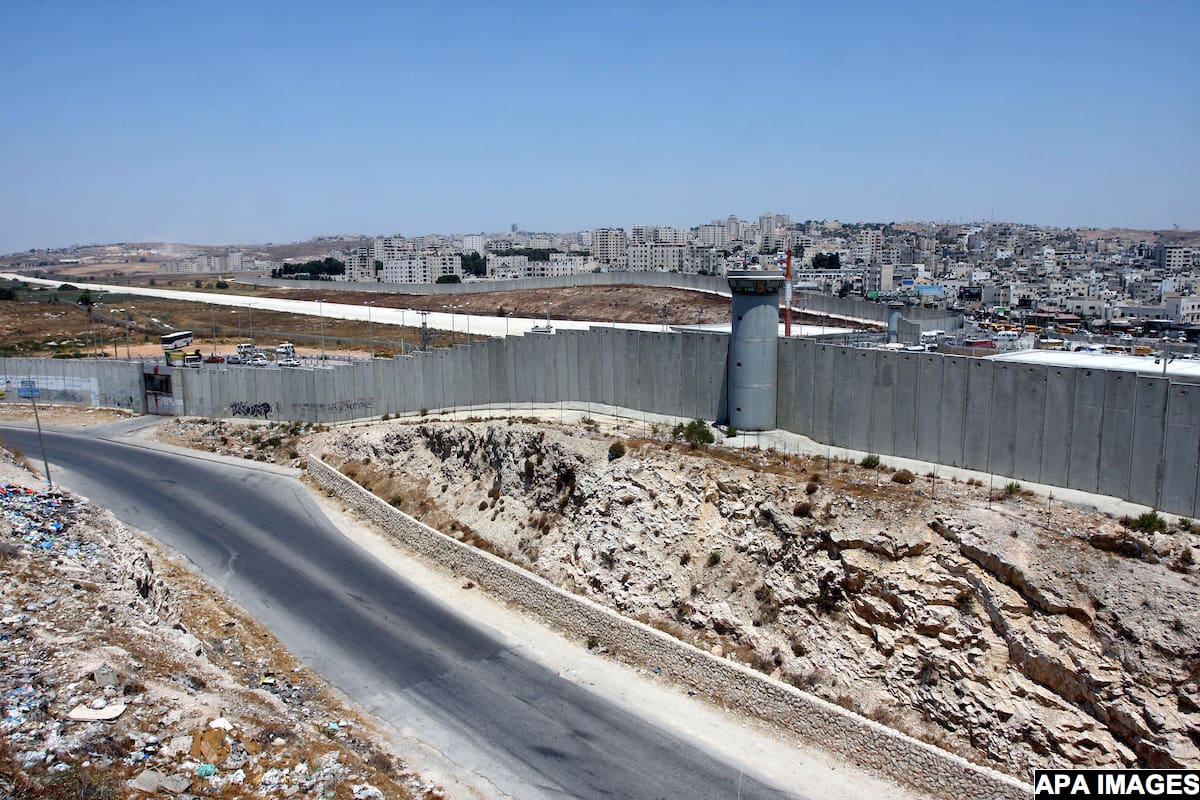
Though the international community has hailed the two-state solution since the early 1990s, it has become clear that Israel’s fragmentation of Palestinian people and territory over the past 50 years aims to make a sovereign Palestinian state impossible. While politicians explain this as a result of misunderstandings or missed opportunities between the two parties, the accurate explanation is that Israel does not, in fact, desire two states. This outcome would undermine its goal of conserving preferential rights for Israeli Jews in the territory under its control. Numerous progressives now argue that one state with equal rights for all is the logical alternative. While such a binational state may be just, it is highly unlikely, especially in the short to medium term.
A number of more cynical alternatives are more probable:
- A prolonged and intensified status quo would see continued Israeli management of a non-sovereign and dependent Palestinian entity in the West Bank, as Al-Shabaka analyst 24378 has pointed out. A temporary solution for Gaza could be reached with Egypt, with limited movement of goods and people. The Palestinian Authority (PA) would remain a group of elite intermediaries to the Palestinian population, and the Palestinian entity’s lack of fiscal or developmental capacity would help render it a failed state.
- Over time, this scenario could become more deeply institutionalized through a permanent no-state solution, as my own analysis shows, whereby Israel perpetually controls the Palestinians while assigning some domains of governance to a non-sovereign local authority.
- A similar outcome would involve three states comprising Israel, a demilitarized mini-state in the Gaza Strip contained by Egypt, and a (settler) “State of the West Bank.”
The potential chaos of the post-Abbas era amplifies the likelihood of these scenarios. Any violent struggle for power within Fatah would lead to further fragmentation, and would strengthen Israel’s ability to promote statehood for Palestinians in Gaza while entrenching its presence in the West Bank. If the PA were to collapse, a wave of migration toward the East Bank could further increase the possibility of these outcomes.
Policy recommendations
1. Those serious about a solution to the Israeli-Palestinian conflict must move beyond the one or two-state binary and discuss the implications of a no-state solution for Palestinian self-determination.
2. Palestinians must recognize the potential for the status quo to become a permanent erosion of their rights in the absence of successful resistance strategies.
3. The international community must relinquish its assumption that the status quo is a post-Oslo transitional period, along with its “wait and see” approach. It must admit the failure of this policy and establish enforcement mechanisms, including regarding breaches of international law, that threaten to ossify the condition of apartheid.
To speak to Amal Ahmad or Asem Khalil, please email [email protected]











